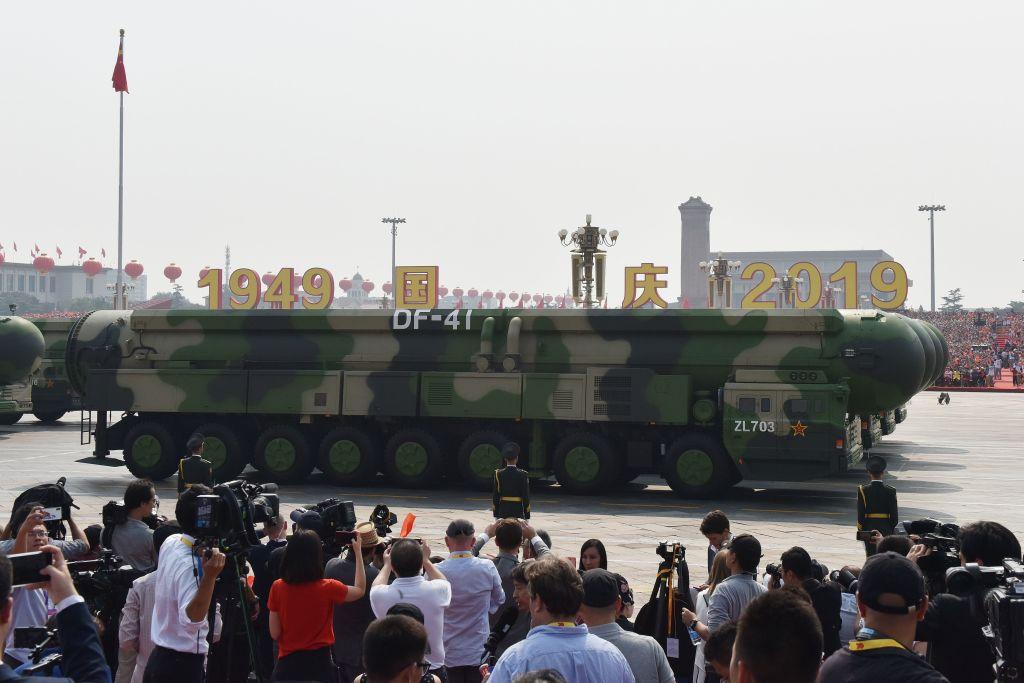Beijing’s missile test has been met with shock and concern from Pacific nation leaders, who were not informed ahead of the launch.
The intercontinental ballistic missile (ICBM), fired on Sept. 25, was reported to have landed in the ocean some 700 kilometres (435 miles) away from French Polynesia’s Marquesas Islands, outside its exclusive economic zone (EEZ).





